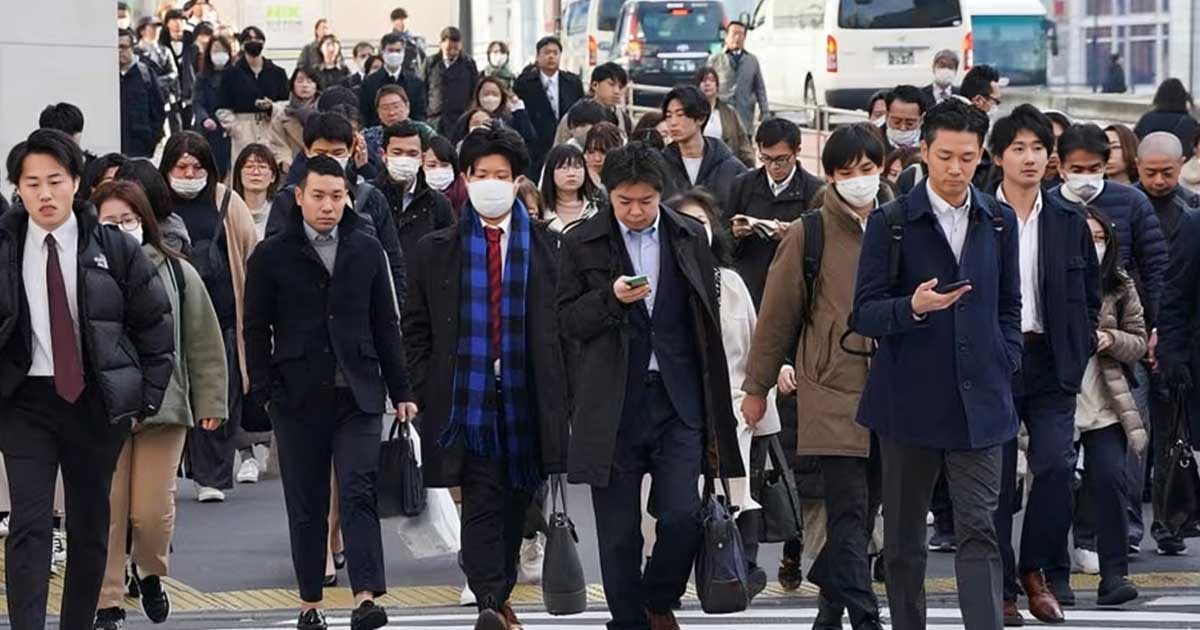Japanese economy shrinks to fourth spot, slipping behind Germany
16 Feb 2024

Japan’s economy unexpectedly fell from its ranking as the world’s third largest economy, slipping behind Germany to rank as the fourth largest following a recession that started in the second quarter of 2023. Business and consumer confidence declined hitting both investment and consumption.
Japan's economy contracted at an annualised pace of 0.4 per cent in the final three months of last year, on the back of a 3.3 per cent contraction in the previous quarter (July-September 2023), a Cabinet Office report issued on Thursday stated.
According to the report, business and household spending declined for a third consecutive quarter in 2023, despite the Bank of Japan’s negative interest rate policy.
The recession will also complicate the BoJ’s decision to effect an interest rate hike in Japan - the first since 2007.
The BoJ’s board has been discussing an exit from the negative interest rate policy while assuring markets of no sharp shift in monetary policy.
In fact, BoJ governor Kazuo Ueda informed parliament last week that financial conditions in Japan will remain accommodative even after the end of the negative interest rate policy.
However, the report of the Cabinet Office would necessitate a continuation of the loose money policy, especially in the light of Japan’s export dependence and the softening of domestic demand amid persistent inflation.
Private consumption declined by 0.2 per cent in the October-December 2023 quarter as households tightened budget amidst rising costs of living. Household spending was down 2.5 per cent year-on-year in December. It is also the 10th straight month of declining consumption, as wage gains did not keep pace with inflation.
Business spending also fell 0.1 per cent in the final quarter of 2023.
The Japanese yen also continued to weaken, threatening a cost-push inflationary pressure in coming months. The Japanese currency hovered around 150 to the dollar.
Japan’s exports jumped in December on the back of automobile exports to the US and chip manufacturing machinery to China. Inbound tourism also saw continued growth. However, net exports contributed only 0.2 percentage point to the country’s GDP growth.




















